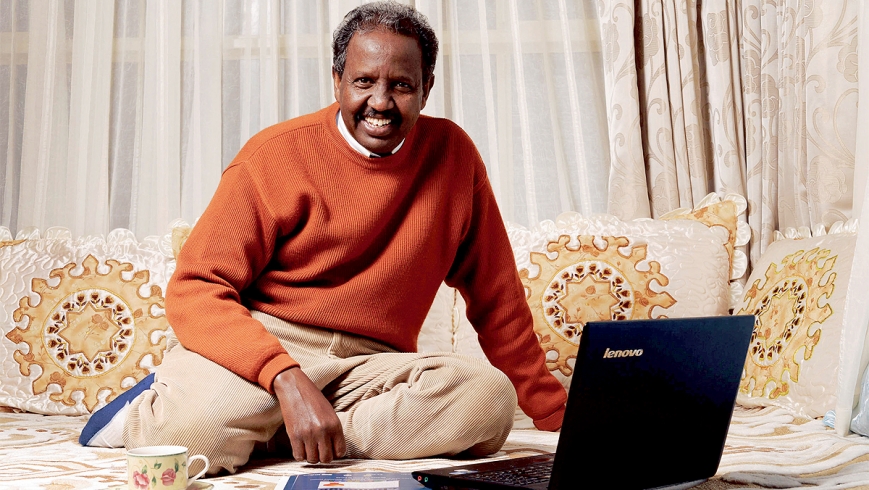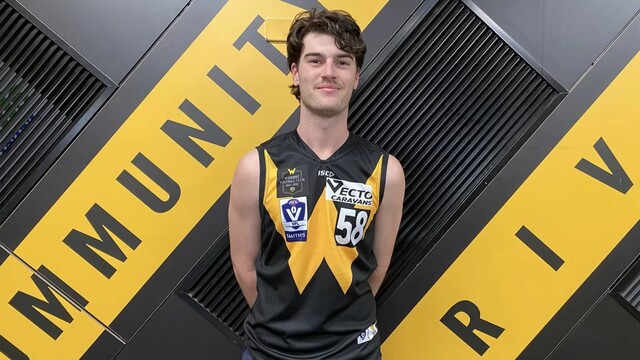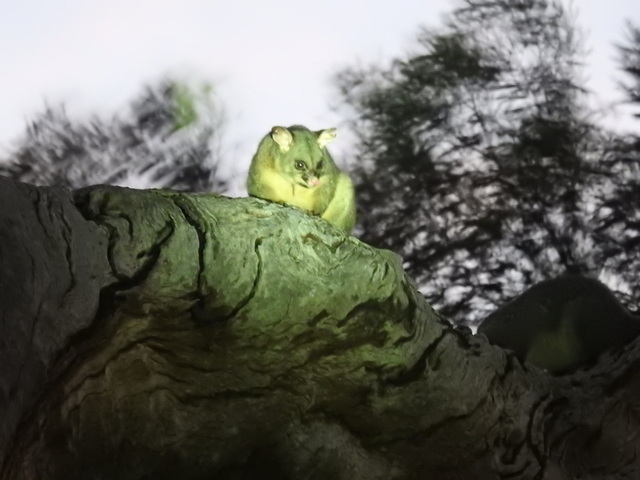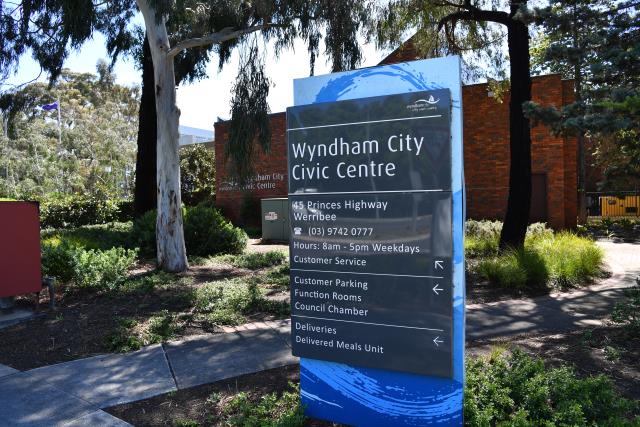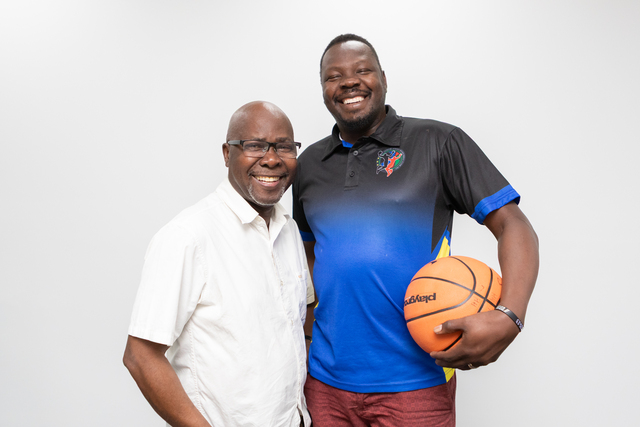OMAR Farah and Bob Fairclough may have been born more than 13,000 kilometres apart, but they still have a lot in common.
On Monday, the Point Cook residents were granted Medals of the Order of Australia for their services to the community.
Mr Farah, who came to Australia 26 years ago as a refugee from Somalia, was recognised for helping men from the Horn of Africa find employment.
Cr Fairclough was honoured for his community work – including his involvement with Werribee Mercy Hospital, a community garden and Wyndham council – and services to education.
Cr Fairclough said education was his passion. He worked at Victoria University from 1992-2005, was head of school of life science and was made an adjunct professor in 2009.
“I had the privilege of supervising 14 PhD students at Victoria and La Trobe universities. It was pleasing to see them go on to very worthwhile causes,” he said.
“I was also fortunate enough to be part of a team at the uni who developed new courses, including forensic science and food and nutrition, which attracted undergrad students from all over Australia.”
Cr Fairclough has been involved with Werribee Mercy since 1996, helping to establish its urgent- care unit, which later became the emergency department.
He is also a member of the Hoppers Crossing Rotary Club and the Wyndham and Hobsons Bay Local Learning and Employment Network, and is chairman of Wyndham’s first community garden.
“We have developed an education program to encourage healthy living. The message is getting out through the community that we have to try and improve our nutrition through increasing our consumption of fruit and veg,” Cr Fairclough said.
For the past eight years, Mr Farah has dedicated his time to helping men from Somalia, Eritrea, Djibouti and Ethiopia find work through his role as multicultural officer for the Horn Afrik project at the Carlton Neighbourhood Learning Centre.
Mr Farah said many men came to Australia with qualifications but couldn’t find work, while those who attended Melbourne universities were also unlikely to be employed.
“There is a bit of discrimination . . . many companies are still struggling to trust us. There is a fence between people looking for work and employers.”
With the support of former Melbourne MP Lindsay Tanner, the project has placed about 80 men at the National Australia Bank for training. Some of the men have been permanently employed by the bank.
Mr Farah is also starting a Melbourne Employment Forum, with the help of Melbourne MP Adam Bandt, to improve refugees’ access to work. “It is an issue that needs to be addressed so the community isn’t left behind,’’ he said.
‘‘It is very important for the government to consider the needs of our community and help them.”

